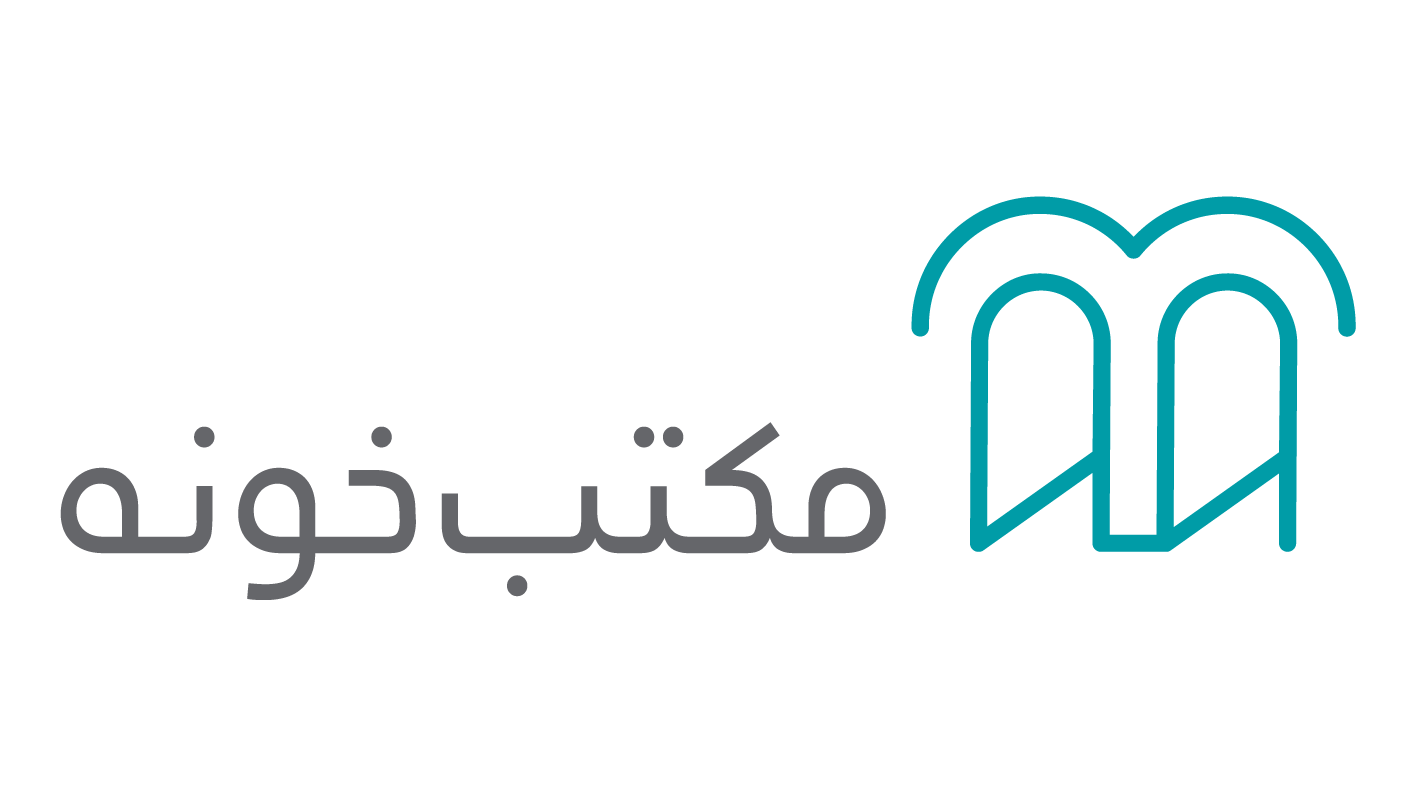[MUSIC] >> This episode examines the key
considerations when planning your online or blended
class. We discuss the importance of considering
pedagogy before technology. Some useful strategies when deciding which
components are better suited to the online learning environment, aligning assessment
with learning outcomes, and digital literacy and
information engagement. The video discusses these in the broader
context. Where as the PDF examines them in far
greater detail. >> Starting with the basics of effective
teaching and curriculum design, regardless of the technology that
you want to use. >> When it's mainly about technology, or
access, or management issues then, the eye, is off
the ball. It's that sharp focus on what is it that they want students to be doing,
experiencing, taking away. >> The biggest pitfall when you start
teaching online is to think that the technology is going to
somehow solve problems for you, or that the technology should be your main
focus. >> I've seen some casualties along the way
and so have students. So I think it is important to be aware of
the importance of, of communicating with
students why things might be changing. What's in it for them? How will they, how will it, benefit their
learning? [BLANK_AUDIO] >> Start slowly. In our experience, we started with one
course. We ran the course. We analyzed he course, evaluated the
course. We built two more. We, we did the same with those. >> And certainly, the curriculum needs to
be developed in such a way that students don't miss out on
quality learning experiences. >> Develop content for courses that is
specific to online delivery. And it's not a case of taking what already exists, you know, in a face to face
scenario. And trying to sort of, shoehorn into an
online delivery package. >> Does what you're doing actually gain
from happening online? If it doesn't, don't do it online. >> Move all the stuff that doesn't work
very well in a face to face setting to the
internet, and then, enrich and develop the key activities when having people together,
makes the difference. >> The way that people behave in a face
to face context and the way they behave in an online context are two totally
different things, and context should be tailor made to suit
those differences. >> Focus on how students learn and, in
particular, the development of their cognitive abilities,
the exploration of ideas and techniques. And if you design your units that way,
then you can start to see how the technology will allow you to do things
which you otherwise couldn't if you didn't have
it. >> You know, there's a line between what
you say, how the assignment is presented, how the
activities are designed, and guess what? How the assessment is done. The assessment part of it is the one
that's been left out to a large degree. And that alignment process. >> We, we focus on what's the, the main
assignment and we design that. Then we design the supplementary
assignments that support it or, or draw on it. And only then do we start to plan how will
we get students talking and thinking and reading
about the subject matter of the unit. >> And when it comes to assessment. If it's online, they can log in. They can do self assessment against this
criteria. And then they can get the feedback online,
as well. [BLANK_AUDIO] >> Information engagement is often
overlooked because the students just seem to be so
really competent at it. But I think that technological competency
often masks a shallow understanding of what information
is, where it comes from how to use it, in what context it
should be used and so on and so on. >> You can't assume, for all the talk of the net generation, that your students
have that digital literacy. That, that media online savvy. So, you need to build into your units of
study either sufficient scaffolding to help them to learn that, or perhaps over a
series of units, develop their skills so that maybe by third year or fourth year, they've got that really
sophisticated e-awareness that you need for them to become excellent
users of the Internet for their learning. >> And get some assistance, you know,
we're, this is not an innate ability, you know? It's good to get assistance that you got in your universities from instructional
designers in particular. Looking at examples that are on the web. Talking to people who are doing it
already. It's not algorithmic. There isn't a rules that you have to
follow. What you need to do, is get lots of different perspectives on what people
are doing. [BLANK_AUDIO]
